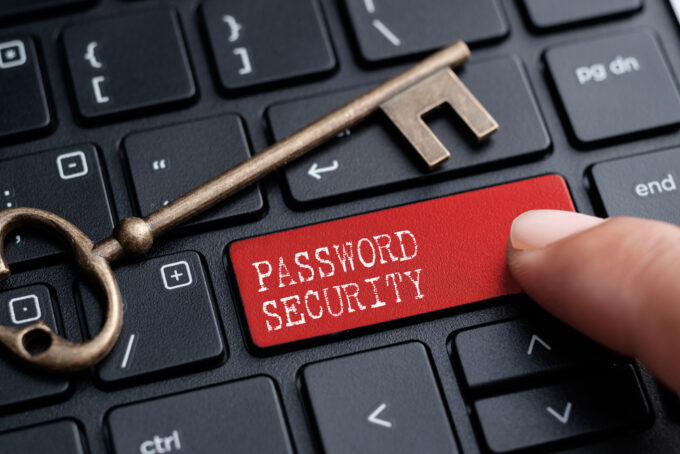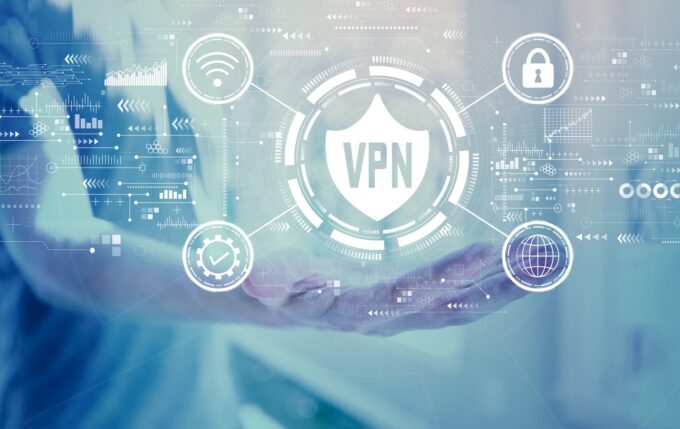Protecting your identity has become even more challenging and complex today. The increasing number of digital identity thefts and frauds are a strong indication of the looming problem. It is a grave mistake to ignore your identity protection as identity theft isn’t cheap.
The growing financial instability and insecurity

Source: dnaindia.com
Identity theft is the first step towards other crimes such as credit card fraud, employment fraud, or document fraud, and these can have a grave impact not just on the lives of people but can also hamper the nation’s economy and security.
Government and policymakers are increasingly concerned about the risks of identity thefts in the current fiscal environment. Millions of people are already a victim of identity theft, and as per the U.S. FTC report, more than three billion were lost due to identity frauds.
As identity theft remains a key consumer complaint, it is essential to take it seriously. The onus lies on each one to be aware and take proactive steps to protect our identity online. Click here for more information.
Here are some ways to protect yourself from identity theft
1. Create strong passwords and change them frequently

Source: pymnts.com
According to a study, the majority of people do not use stronger passwords or password-protect their devices. Well, leaving your mobile phone to a computer without a password is exposing the devices to identity theft. All your email, financial accounts, and other data stored on the device can easily fall into the wrong hands. so, get into the habit of creating a strong password for each device and changing them every few weeks to protect yourself from identity theft.
2. Use a password manager
Many people are unable to create complex passwords and are unable to manage them well. It is often seen that they tend to use the same or similar password for all their electronic devices, and that places them at great risk of identity theft. Such people can make use of a password manager that creates a unique password for every account and enhance their safety against identity thefts.
3. Be alert about phishing attempts

Source: channelfutures.com
As a user, you must know how to detect any phishing attempts to steal your data or identity. The first and foremost step is to avoid clicking on any suspicious-looking links in emails or text messages. Identity thieves often send harmless-looking emails as if they are from a credit card company, bank, or mortgage lender and motivate you to click on a link. The aim is to install harmful malware on your device and steal your private data and account information. Well, do not fall into their trap and never open such emails or click on the links within or open an attachment.
4. Review your financial statements frequently
It is of utmost importance to review all your account statements on a regular basis and keep an eye on any unauthorized transactions. Today, most customers prefer to use digital banking and use phone apps or personal computers for checking their credit card reports and bank statements. It is a good idea to check your bank account regularly to spot any fraudulent activity and avoid any losses. As a rule, you should check your financial information at least twice a month.
5. Use a virtual private network

Source: kaspersky.com
It is a good idea to use a virtual private network or VPN when on a public WiFi network and update sharing and firewall settings. This is because usually, the public WiFi is often less secure and not password protected. VPN technology can be used to add privacy and security while online and get secure network protection. With a VPN in place, you can be sure of enjoying complete anonymity and security when online.
6. Do not give any private information over the phone
It is a big mistake if you are used to sharing your personal or financial information over the phone. It is common for expert fraudsters to pose as bank employees or credit card company personnel to elicit information from customers. Please know that no bank or financial organization will call and ask you for details on your IDs or financial statement or demand info on Social Security number or credit card PIN number.
7. Freeze your credit information

Source: northwesternmutual.com
Most customers prefer to shred all their personal and financial information to prevent anyone from getting access to any kind of information. Others opt for Credit freezes that prevent anyone from getting any approval or service in your name. The purpose behind those steps is to protect yourself from identity theft.
8. Use advanced security features
Take advantage of sophisticated security solutions based on advanced technologies for security; the aim behind these advanced security features is to provide higher security levels to thwart any unauthorized access and keep your personal information safe from any prying eyes. Implement a high-security design in your device to get maximum protection against theft and forgery or any unlawful personalization. By doing so, you lower the risk of any data being altered, stolen, or copied for fraudulent use.
9. Minimize your exposure

Source: insidehighered.com
It’s a good idea to restrict your exposure to identity theft and keep your identity and personal information safe and secure. Use online platforms and devices only when necessary and avoid your disclosure to any possible deceptive criminality. As fraudsters can attack both online and offline, be wary of any telephone calls, emails, letters, text messages that could be phony. Reduce the number of credit cards in your wallet to minimize exposure to identity theft.
10. Do not carry your Social Security card
As the theft of a Social Security number is the prime way to getting detailed info on financial accounts, bank statements, and credit card reports, it should be protected at all costs. So, never carry your Social Security card with you and enroll in a plan that offers complete protection. The service provider will scan for any threats to your identity by text, email, or phone and will work to help you out in case you are a victim of identity theft.







